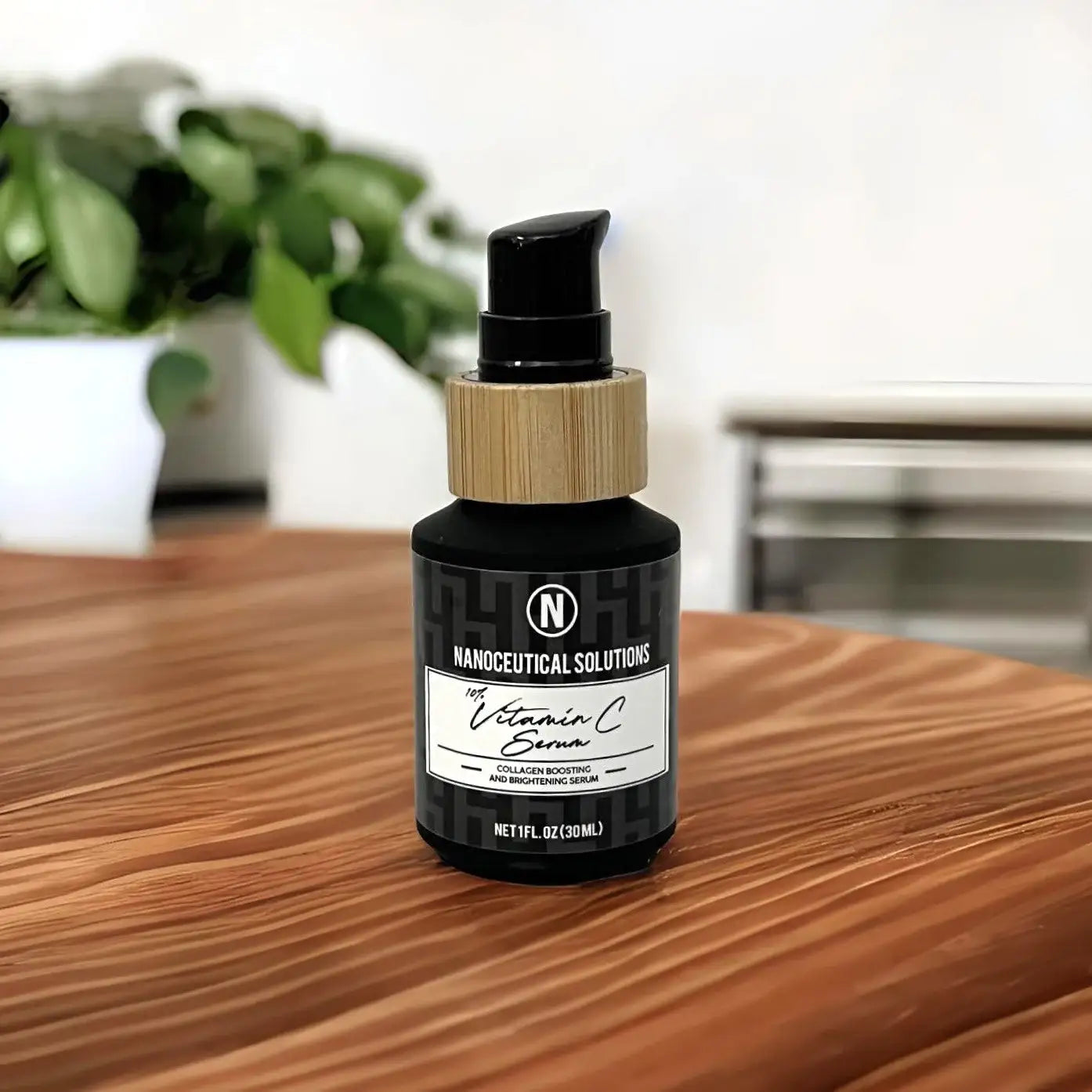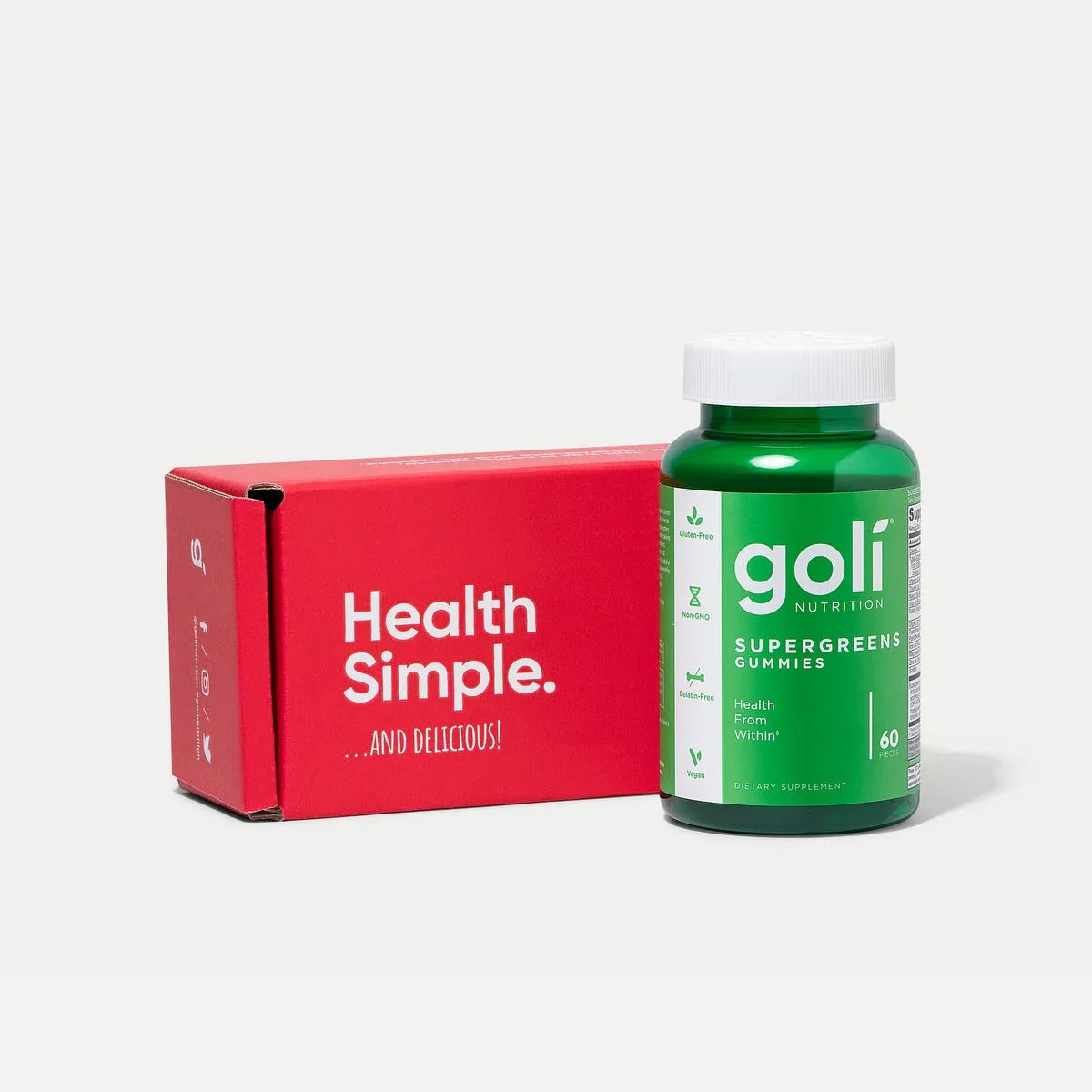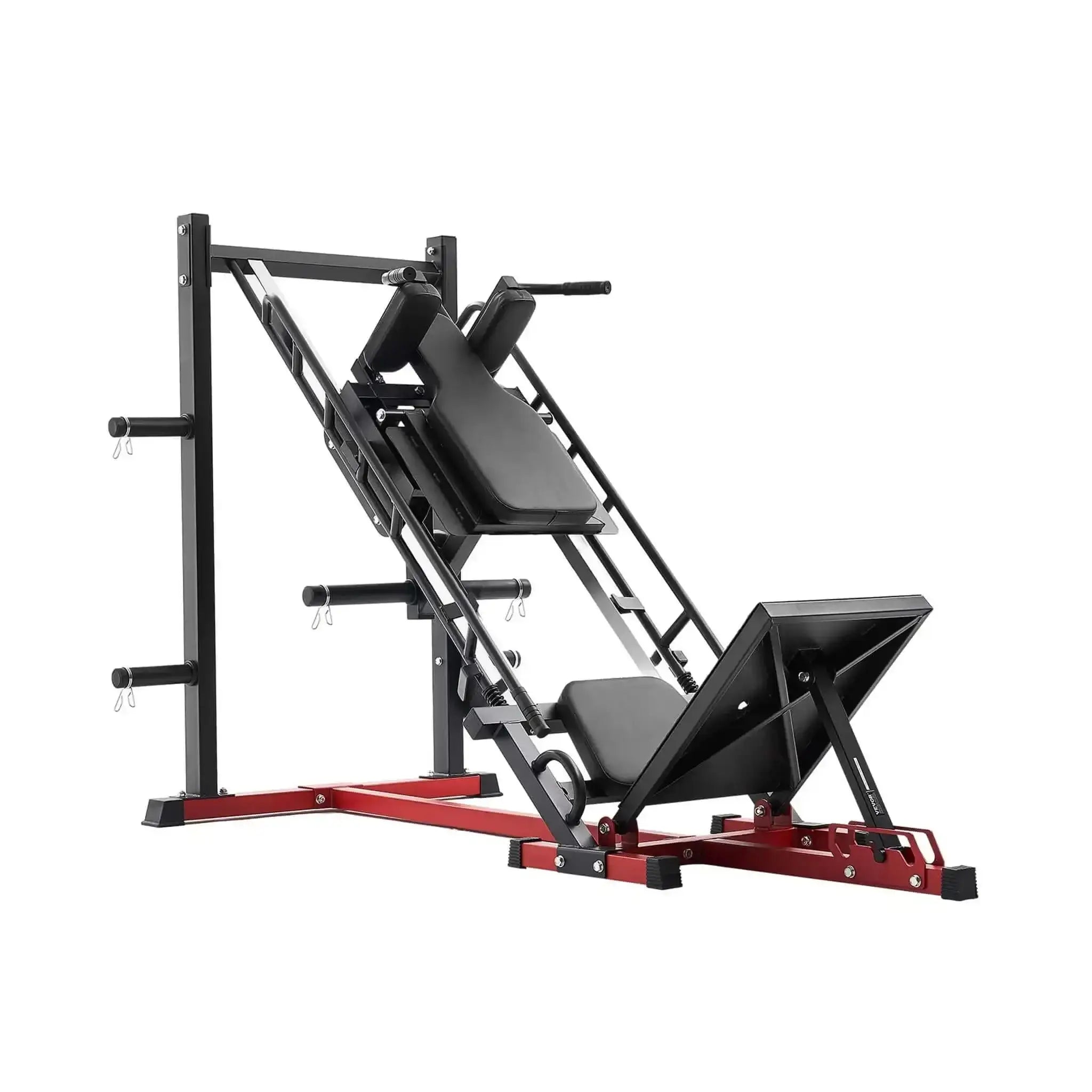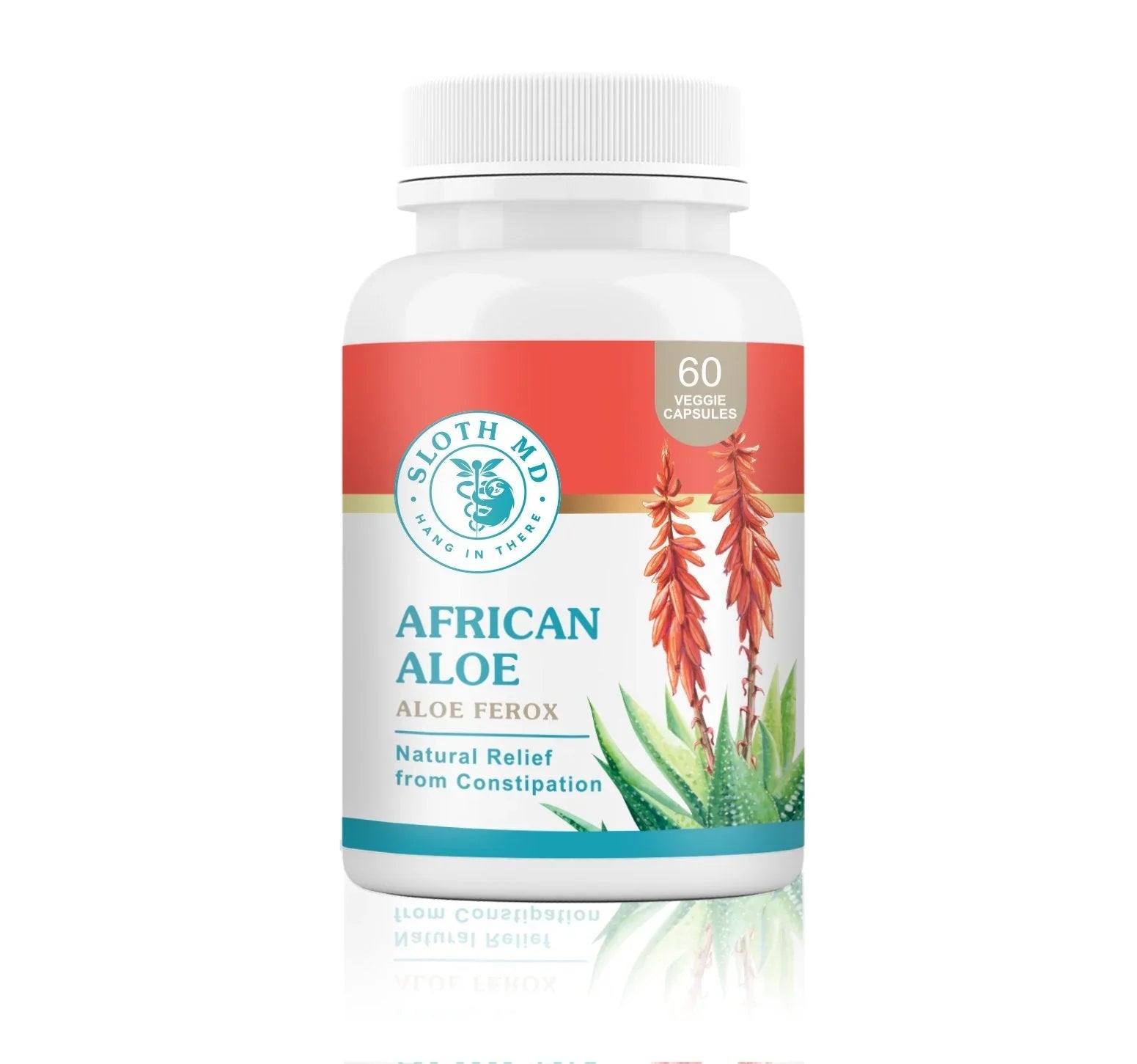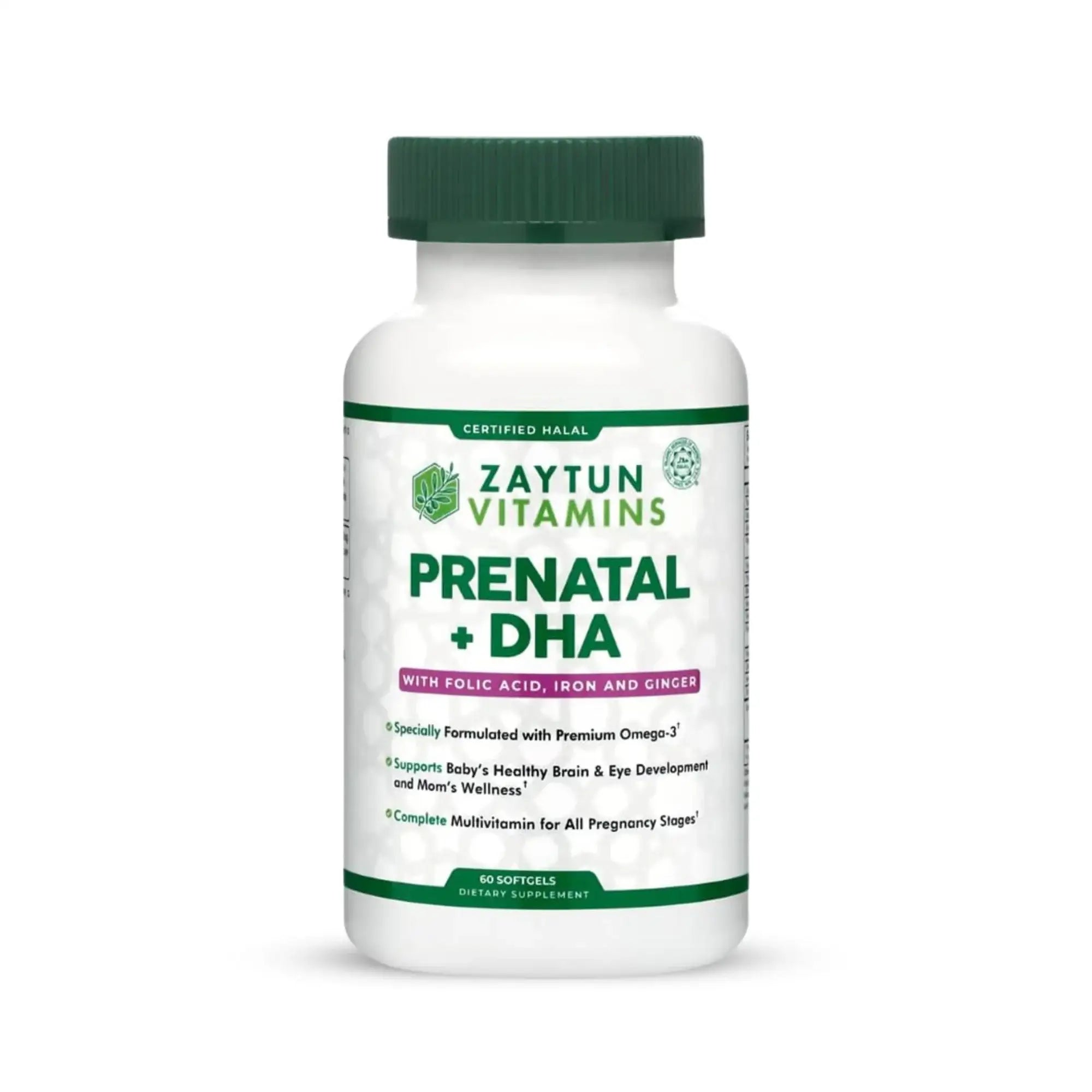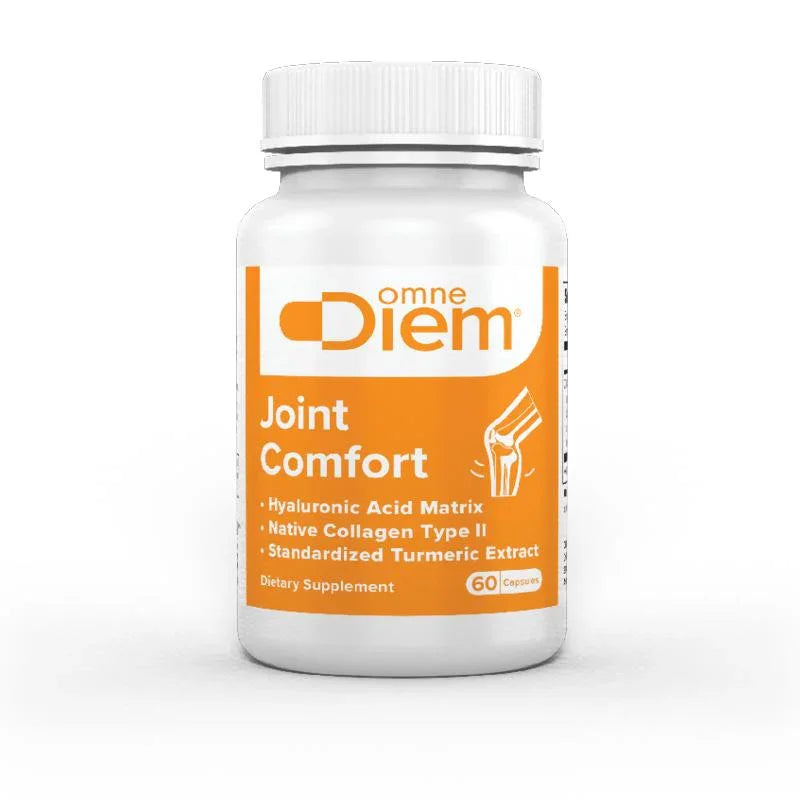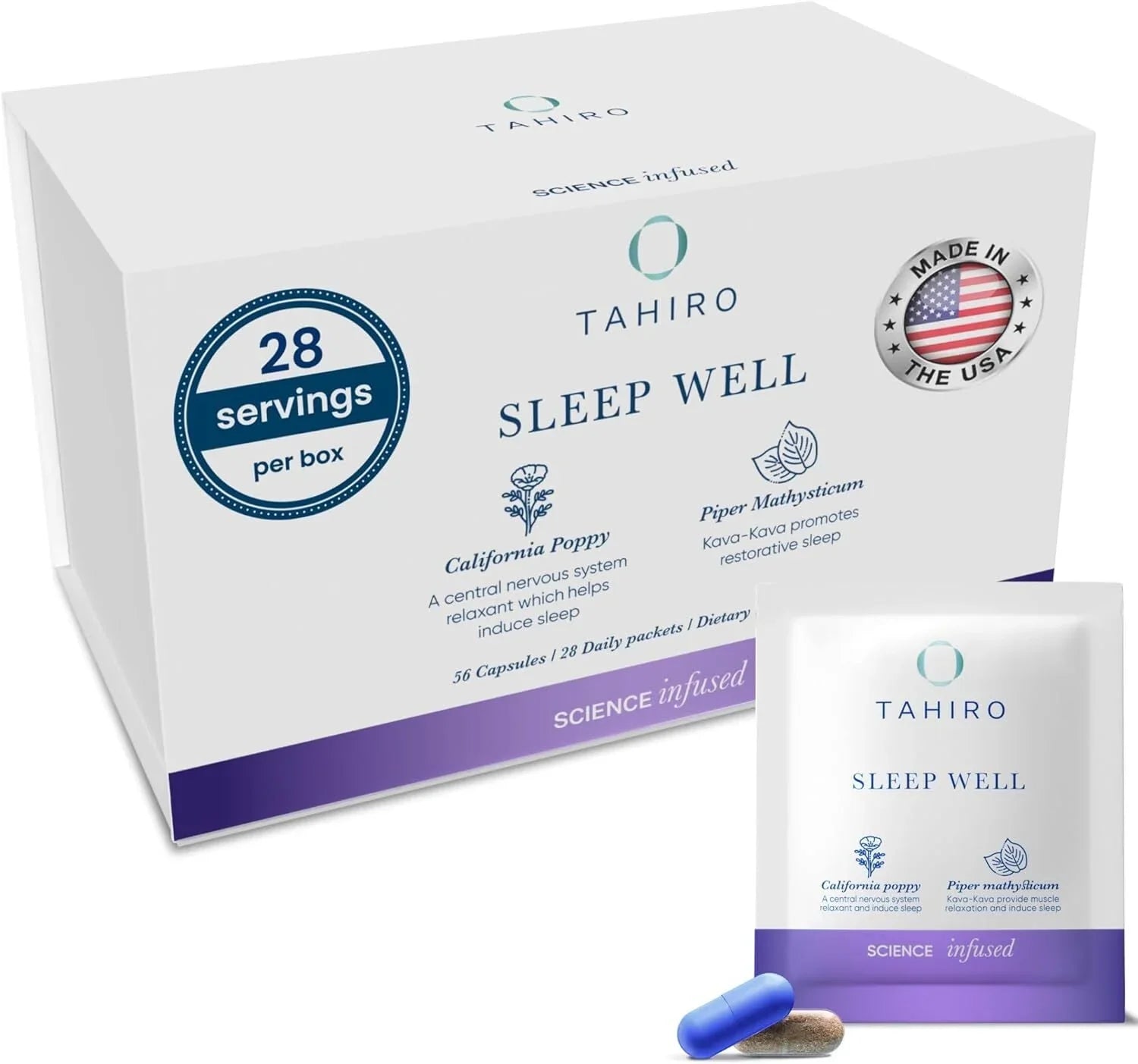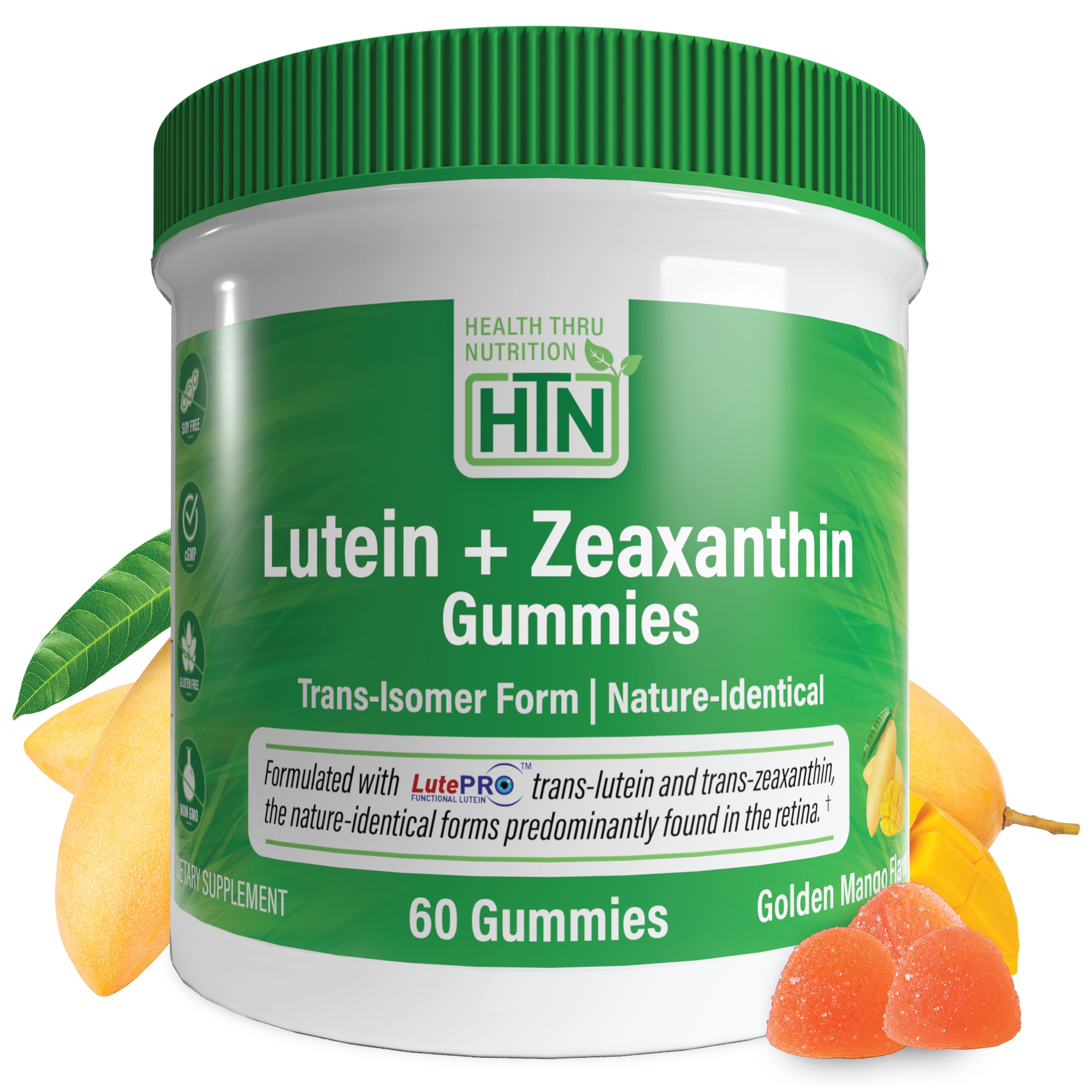How To Qualify For HSA/FSA Reimbursement:

Shop By Health Needs
Shop categories energy, sleep, or heart health, and choose products that match your unique health needs. Look For the HSA/FSA Badge!

Complete Free Health Assessment After Checkout
Take a quick online assessment found on your order confirmation page to determine the medical necessity of your purchased items.

Receive LMN
Once approved, our licensed medical staff will issue your Free Letter of Medical Necessity within 24 hours, qualifying your purchase for reimbursement through your HSA/FSA provider.
About Creatine Gummies Benefits, Dosage, and Timing
Creatine is a nitrogen‑containing compound made in the liver, kidneys, and pancreas from the amino acids glycine, arginine, and methionine. It is not an essential amino acid, but a conditionally non‑essential nutrient; humans synthesise about 1 g/day and obtain additional creatine from foods like red meat and fish. Roughly 95% of the body’s creatine is stored in skeletal muscle, where it forms phosphocreatine. This high‑energy phosphate acts as a rapid reserve to regenerate adenosine triphosphate (ATP) during brief, high‑intensity activities. When muscles demand quick energy (e.g., weight‑lifting or sprinting), the phosphate from phosphocreatine transfers to ADP to produce ATP, enabling additional force output. Without enough stored creatine, muscles fatigue sooner because ATP regeneration slows.
Natural Sources and Dietary Needs
Meat, fish, and milk contain creatine, but the amounts vary. Vegetarians and vegans typically have lower muscle creatine stores because they do not consume meat. Supplementing can therefore be particularly beneficial for them. Creatine monohydrate, the most studied form, has also been classified as “Generally Recognized As Safe (GRAS)” by the U.S. Food and Drug Administration (FDA).
How Creatine Benefits Exercise and Recovery
Research consistently shows that supplementing creatine increases muscle phosphocreatine levels, allowing users to produce more ATP and sustain high‑intensity efforts longer. Benefits include:
-
Increased muscle strength and power. A 2018 study found that creatine supplementation combined with complex training significantly increased strength after four weeks. Healthline notes that creatine provides muscles with extra fuel, enabling longer and harder workouts, which translates to gains in muscle size, strength, and power.
-
Enhanced recovery and reduced fatigue. Creatine speeds up the resynthesis of phosphocreatine and glycogen, which may accelerate recovery between sets and reduce muscle damage. It also improves hydration within muscle cells, creating an anabolic environment.
-
Protection against age‑related muscle loss. As we age, we lose lean muscle mass (sarcopenia). Supplementing creatine while performing resistance training can help older adults gain more lean mass. A meta‑analysis showed that older adults who took creatine and lifted weights gained about 1.4 kg more muscle than those who trained without creatine.
Brain and Cognitive Benefits
Creatine is also present in the brain and plays a vital role in neuronal energy metabolism. A 2024 systematic review of 16 randomised controlled trials (RCTs) involving adults aged 20-76 years found that creatine monohydrate supplementation significantly improved memory (standardised mean difference ≈ 0.31), attention and processing speed, particularly in individuals with certain diseases and those aged 18-60 years. Healthline summarises that creatine may reduce mental fatigue, improve cognition, and enhance working and long‑term memory; these effects appear most pronounced in older adults. Although the evidence is promising, researchers caution that more large, high‑quality trials are needed.
Why Creatine Gummies Are Trending
Most people have used creatine powder, which is mixed into water or shakes. However, gummies are gaining popularity because they offer a convenient, pre‑measured dose without the need for mixing. According to Garage Gym Reviews, creatine gummies typically contain creatine monohydrate, the most effective form, and are easy to carry to work or the gym you can find a wide range of these options from different brands on Medpaid. They often include sweeteners and gelatin to create a candy‑like texture.
Convenience vs. Taste
-
Gummies: They require no mixing; you simply chew the recommended number of gummies to reach the desired dose. This convenience makes them attractive for people who forget to take their powder. However, gummies may melt in hot environments and typically cost more because of additional ingredients and manufacturing steps.
-
Powder: Powdered creatine is inexpensive and versatile; you can mix it into water, juice, or protein shakes. It is often flavourless, so it may suit individuals who want to avoid sugar or sweeteners. However, it requires preparation, which some may find inconvenient.
Ingredients and Dietary Restrictions
Powder usually contains only creatine monohydrate, while gummies often include gelatin (not vegan friendly), glucose syrup or sugar, natural or artificial flavours, and stabilizers. If you are vegan, vegetarian, or have specific allergies, powder might be easier to fit into your diet. Always read labels carefully to avoid unwanted additives.
Do Gummies Work as Well as Powder?
Yes, provided they deliver the same amount of creatine. Creatine works by saturating muscle cells over time, so the delivery format (gummy or powder) does not matter as long as your total daily intake is sufficient. The review by Garage Gym Reviews notes that both powders and gummies are equally effective when they supply 3-5 g per day. Some users claim gummies have better bioavailability, but research indicates absorption speed is irrelevant because creatine accumulation in muscle is gradual.
Advantages of Gummies
-
Convenience: Gummies require no mixing or water, making them a mess-free and portable option for people on the go. You can toss a few in your gym bag or desk drawer without worrying about spills or needing a shaker bottle.
-
Taste: Many users prefer the fruity flavor of gummies over the bland or chalky taste of some creatine powders. For those who struggle with the texture of powder in liquid, gummies offer a more enjoyable experience.
-
Compliance: Because they taste like candy and are easy to take, gummies may help users stay consistent with daily creatine intake. Consistency is key to maintaining muscle saturation, so improved adherence can make a meaningful difference.
- No Need for Additional Ingredients: Unlike powders that are often mixed with juice or protein shakes, gummies are standalone. This reduces the need to consume extra liquids or calories from other mix-ins, which can benefit users watching their intake.
Drawbacks of Gummies
-
Cost: Gummies cost roughly twice as much per serving as plain creatine monohydrate powder.
-
Sugar and Calories: To achieve the typical 3-5 g dose, you may need several gummies (often 3-5 pieces), which adds extra calories and sugars. This may not suit people tracking carbohydrate intake.
- Fixed Dose: Gummies come in pre‑measured doses, making it harder to adjust intake. In contrast, you can easily scoop more or less powder depending on your needs.
Despite these drawbacks, gummies remain a convenient and tasty option for individuals who prioritise ease of use and flavour.
How to Take Creatine Safely
Recommended Dosage and Loading
Most research suggests a daily maintenance dose of 3-5 g of creatine monohydrate. Some athletes use a loading phase of 20-25 g/day for 5-7 days to saturate muscles quickly, followed by a maintenance dose of 3-5 g/day. However, this loading phase is not necessary; taking 3-5 g daily will eventually raise muscle creatine to similar levels without causing digestive discomfort.
Healthline advises that doses above 10 g/day may cause water retention and bloating. Splitting larger doses into smaller portions taken throughout the day (e.g., two 2.5 g doses) can reduce gastrointestinal stress.
Timing: Morning, Night, Before or After Workouts?
A common question is whether to take creatine at night or around workouts. Current evidence shows that timing does not significantly influence the benefits. A 2022 systematic review concluded that ingesting creatine either before or after resistance training yields similar increases in muscle mass and strength, while a 2024 article in Medical News Today noted that studies comparing pre‑ and post‑workout timing found no significant differences in outcomes.
Therefore, you can take creatine whenever it fits your routine, morning, night, or midday, so long as you consistently hit your daily dose. Some people avoid taking it right before bed because creatine mixed with carbohydrates or caffeine might cause mild digestive issues or restlessness. If you experience discomfort at night, consume it earlier in the day or split the dose.
Pairing Creatine with Carbohydrates or Protein
Research shows that co‑ingesting creatine with carbohydrates or carbohydrate plus protein can enhance muscle creatine uptake. Insulin released in response to carbs facilitates creatine transport into muscle cells. Studies have shown that combining 5 g creatine with 95 g carbohydrates increased muscle creatine content by about 60 % compared with creatine alone. However, this increased uptake may not translate to greater performance or muscle growth in the long term. The effect appears short‑lived, and meeting your total daily creatine dose is more important than timing it with specific macronutrients.
Hydration and Splitting Doses
Creatine draws water into muscle cells. Adequate hydration is essential to maintain balance and prevent gastrointestinal discomfort. The common recommendation is to drink several glasses of water per 3-5 g dose and spread your intake across the day. Some people prefer to pair each gummy or scoop with a glass of water.
Who May Benefit from Creatine Gummies
Strength and Power Athletes
Athletes performing short, high‑intensity efforts sprinters, weight‑lifters, and power‑lifters, derive the greatest benefit from creatine because their sports rely heavily on the ATP-phosphocreatine system. Supplementation can allow them to perform a few extra reps or maintain higher power across repeated bouts. Over time, these incremental gains translate into greater strength and muscle adaptations. Endurance athletes may experience smaller benefits because their sports rely more on oxidative metabolism.
Vegetarians, Vegans, and People With Low Dietary Creatine
Individuals who consume little or no meat often have lower baseline muscle creatine levels and may respond more robustly to supplementation. Creatine gummies offer a convenient, flavoured option for vegetarians and vegans, but they should check for gelatin or other animal‑derived ingredients.
Older Adults and Cognitive Health
Creatine may support brain health and help counteract age‑related cognitive decline. The 2024 meta‑analysis mentioned earlier reported moderate evidence that creatine improves memory and processing speed. Older adults may therefore benefit from daily creatine to support both muscle and cognitive function. Nonetheless, more research is needed to determine optimal doses for cognitive outcomes.
Women
Some evidence suggests creatine may have unique benefits for women, potentially reducing depressive symptoms and supporting bone health. For example, a study cited by Garage Gym Reviews reported an 18% reduction in depression risk among women who supplemented with creatine. More research is required, but women should not shy away from creatine; it is safe and may offer both physical and cognitive benefits.
Safety Considerations and Precautions
-
Age Restrictions: Clinical evidence suggests that creatine is safe for adolescents engaged in supervised training programs, but children and infants are generally not advised to use it. Parents should consult paediatricians.
-
Medical Conditions: People with kidney disease, liver disease, or other chronic conditions should talk to a doctor before taking creatine. Also, discuss creatine use if you take medications that affect kidney function.
-
Pregnancy and Breastfeeding: Data on creatine supplementation during pregnancy and breastfeeding are limited. Until more evidence is available, pregnant and nursing women should avoid creatine unless advised by a physician.
-
Product Quality: Supplements are less regulated than medicines. Choose products from reputable companies that provide third‑party testing and transparent ingredient lists. Creatine monohydrate is the gold standard for purity and efficacy.
-
Hydration and Electrolytes: Always accompany creatine with adequate water intake and maintain balanced electrolyte consumption. If using gummies, consider the sugar content when planning your daily diet.
-
Avoid Excessive Doses: High doses (e.g., >10 g/day) are unnecessary and may cause digestive upset or bloating. Stick to the recommended 3-5 g/day unless supervised by a health professional.
Conclusion
Creatine gummies taste good, are easy to carry, and work just like powder if you take the right amount. But they might cost more and have sugar.
Taking 3 to 5 grams a day is safe. You can take it anytime, but it's important to take it every day. Eating it with carbs or protein might help a little.
Creatine helps you build strength, recover faster, think clearly, and keep your muscles strong as you grow older and Medpaid makes it easy to shop trusted creatine gummies from multiple reputable brands.
Frequently Asked Questions
1. How long do creatine gummies take to kick in?
Creatine gummies typically start showing effects within 7-14 days of consistent use. They work best when taken daily with enough water and paired with resistance training.
2. Why did I gain 10 pounds after taking creatine?
Most users gain weight due to water retention in muscles, not fat gain. Creatine helps your muscles hold more water, making them look fuller and increasing scale weight temporarily.
3. Does creatine increase belly size?
Creatine doesn't directly cause belly fat. However, initial water retention might make your midsection feel slightly bloated, especially if you're not drinking enough water.
4. Does creatine help with sleep?
While not a sleep supplement, some studies suggest creatine may reduce sleep deprivation effects by supporting brain energy metabolism. It doesn't make you drowsy but may improve recovery.
5. Can creatine cause anxiety?
There’s no strong evidence that creatine causes anxiety in healthy individuals. However, if you're sensitive to supplements or have underlying mental health conditions, consult your healthcare provider.
6. Do you have to drink a lot of water with creatine gummies?
Yes, creatine pulls water into your muscles, so it's essential to stay well-hydrated, aim for at least 8-10 glasses a day to avoid cramping or mild bloating.
7. How do creatine gummies compare to powder supplements?
Creatine gummies offer the same effectiveness as powder but with more convenience and better taste, making them easier to stick with, especially for beginners or on-the-go users.
8. Are creatine gummies effective for lean muscle growth?
Yes, creatine gummies are effective when combined with regular strength training and proper nutrition, creatine gummies enhance lean muscle mass, boost endurance, and speed up post-exercise recovery.
9. Who benefits most from creatine gummies?
Creatine gummies benefit active individuals, gym-goers, and beginners looking for an easy supplement option. They’re also great for those who dislike mixing powders or have busy routines.


